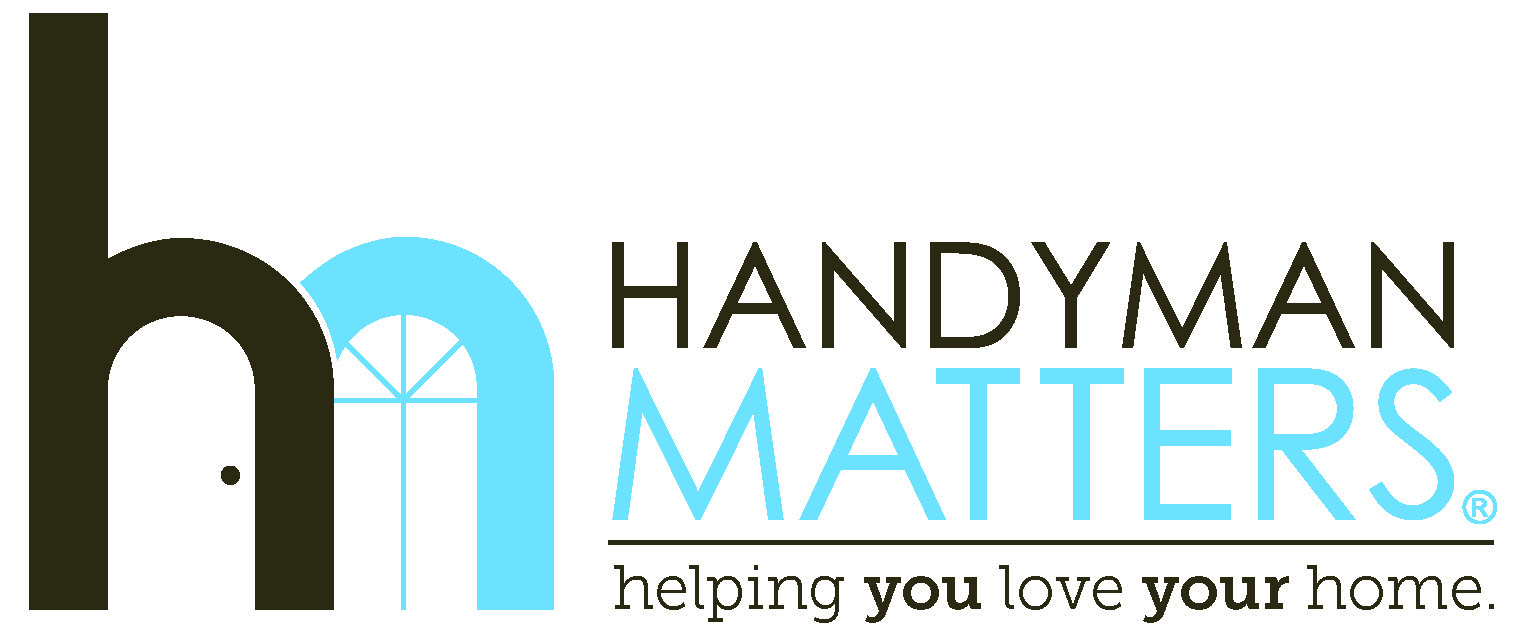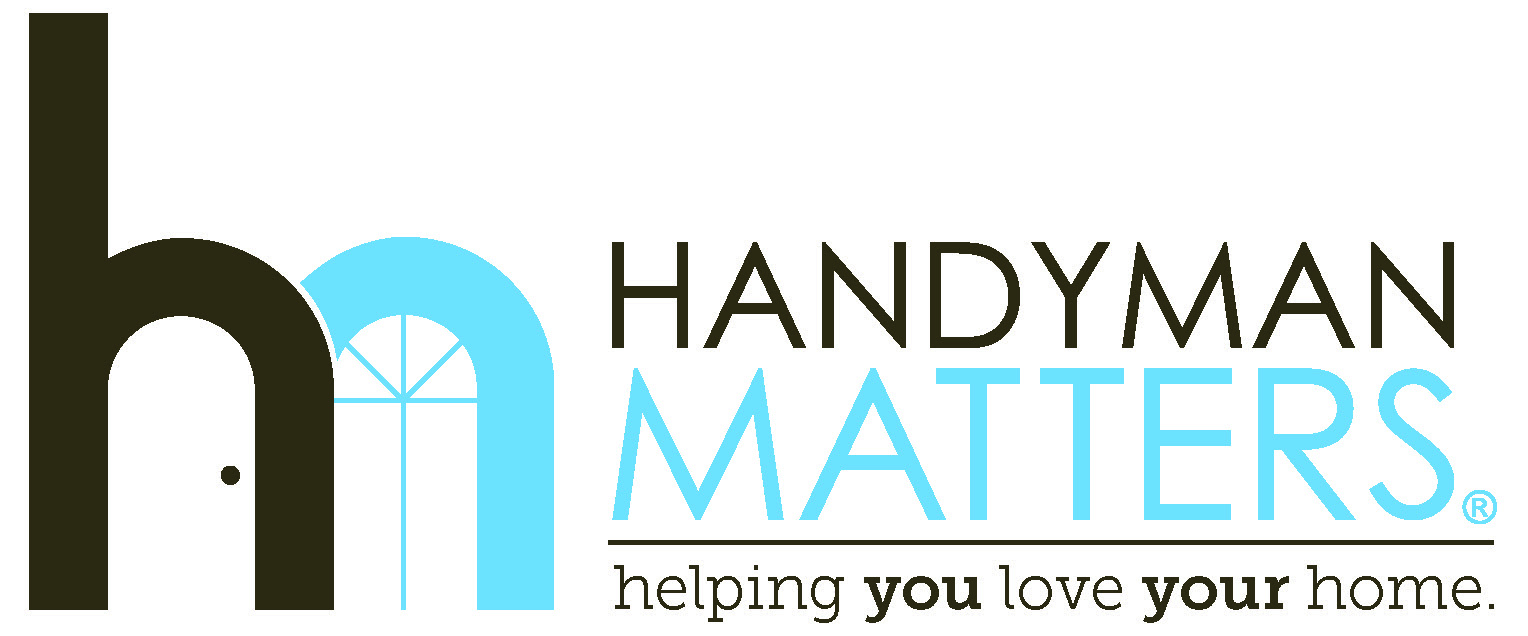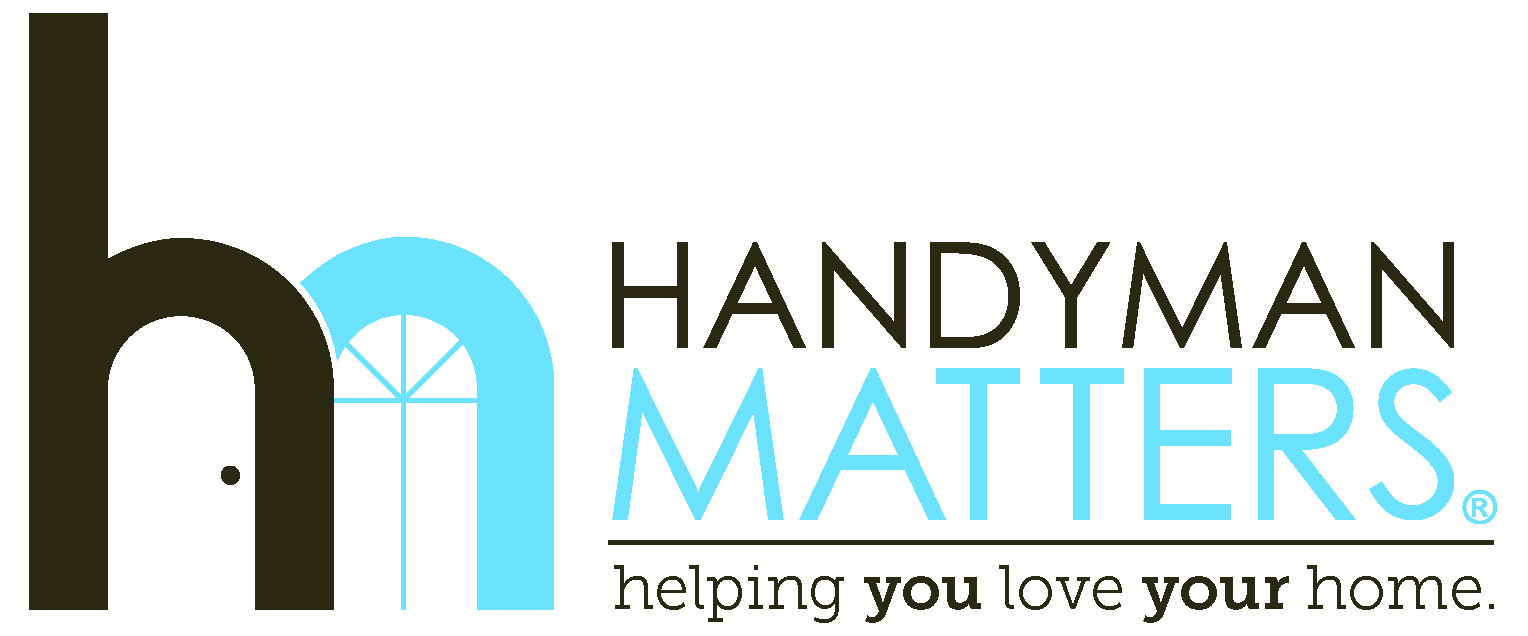Are you where you want to be in your business?
If your answer is, “Not really,” or “NO! Not at all!” I’m sure you’re frustrated. You’ve done everything you can think of doing, yet you’re not seeing the success you hoped for when you started out.

Don’t despair. It’s not your fault. Running a small business is different from providing a product or service. You may be the most awesome property manager, HVAC contractor, deck builder or commercial insurance provider around; that doesn’t necessarily mean you know how to consistently bring in business, organize your time to get things done and build a team that can deliver your product as well as you do.
One of the smartest and bravest things we can do is to acknowledge that what we’re doing isn’t working and that we need some outside expertise. So kudos to you for being here, reading this article. You’re taking that first important step: exploring how to reach out for the helping hand of a coach or consultant so you can build the business of your dreams.
If you’ve never worked with a coach or consultant before, you probably have a lot of questions: What’s the difference between a coach and a consultant? How do you know which one you need? How much do they cost, and what can you expect from that investment? Let’s take those one at a time.
What’s the difference between coaching and consulting?
A lot of people use the words coach and consultant interchangeably, and there is some overlap: Both are there to support you in taking action to make positive changes in your business. How they approach that objective, though, is where the difference lies.

A coach is an expert in facilitation. They work from the belief that you are the expert in your industry; their purpose is to bring out the best in you and build on your strengths. A good coach is a good listener. They ask questions that prompt you to discover things about yourself and your relationship to your business and your life. They trust that you have the answers; they’re there to help you uncover your challenges, discover the tools and solutions for them, and explore the best ways for you to apply those tools and solutions.
A coach is there with you for the long-haul. They walk alongside you in your journey, giving you encouragement, support and resources. A relationship with a coach is caring; they’re invested in your success but also in you as a person.
A coach is a generalist, not a specialist. A coach is a guide who helps you grow personally and professionally through exploration, who empowers you to take charge and make positive changes in your business and your life, and who provides encouragement and support.

A consultant is an expert in a specific area. They work from a position of authority; their purpose is to provide information, data and solutions to a particular problem, weakness or challenge. A good consultant is concerned with execution. They give you tools and instructions to achieve defined and measurable results. They have the answers; they’re there to make sure the answers get implemented successfully.
A consultant’s work is usually time-limited, project-oriented and area-specific. They know what you need to do in order to produce a particular result in an area of expertise or industry like sales, finance, HR or IT, and they will make sure it gets done.
A consultant is a specialist, not a generalist. They solve for industry- or subject-specific challenges or accomplish a particular result.

Which is right for me: a coach or a consultant?
This is a great question, and the answer isn’t always clear even once you know the difference between a coach and a consultant. The answer is that you’ll probably need each at some point on your journey.
For instance: Say you’re feeling generally discouraged or uninspired about your business. You’ve lost your mojo, and you’re not even sure why you’re in the business you’re in. You need a coach to help you rediscover your passion and reinvigorate your commitment to the difference you know it can make in other people’s lives. What you may learn in this process is that your low spirits are because you have a specific challenge that’s bringing you down, like an employee who isn’t performing or revenues that don’t pay your bills.
That’s when you need to bring in a subject-matter expert: an HR consultant to take you through the steps for developing or replacing that employee, a finance consultant to get your expenses under control, or a sales and marketing consultant to bring in more business.
It works in reverse, as well: You start with a challenge like a low-performing employee. That sends you to an HR consultant who gets you fixed up with the right person for that position. Then you realize you can use what you learned to build up your entire team, so you bring in a coach to provide support and encouragement and to work with you to make those tools work best for you.
Those fluctuating needs are a good reason to look for a firm that provides both coaching and consulting. Your coaches and consultants will know your history and be able to leverage their institutional knowledge about you and your business so there’s no energy and time lost in ramp up; you can transition smoothly from coaching and consulting and back, depending on what you need, when you need it.

How do I know which coach or consultant is right for me?
Once you’ve decided that engaging a coach or consultant (or a firm that provides both!) is the right next step for you and your business, you want to make sure you pick the individual coach or consultant who is a good fit for you. There are three key components of good fit: your learning style, the coach’s or consultant’s experience, and how the two of you connect.
- Your learning style. How do you learn best? Do you want a soft, guiding touch or a more ambitious, tough-love approach?
If you are self-motivated, you might want a coach or consultant who is accessible but somewhat hands-off. You work with them to lay out a general path or project plan and set up checkpoints at critical junctures to make sure things are going well and to confer on issues that have cropped up or to make plan adjustments. Otherwise, you’re working pretty independently.
If you struggle with self-motivation, you might want a coach or consultant who is more actively involved. You set up a detailed project plan that includes checklists and short deadlines, and you meet more frequently to make sure you’re staying accountable and on track. Your coach or consultant keeps an eagle eye on things and can come on strong when you need them to.
Neither of these approaches is better than the other, so be honest with yourself: If you tend to procrastinate, having a laidback coach or consultant will not set you up for success. If you like to work on your own, having a highly attentive coach or consultant might drive you nuts. - The coach’s or consultant’s experience. Before you commit to a coach or consultant, read their reviews. Ask for testimonials from current and recent clients. Do your due diligence to make sure the coach or consultant is legit and can deliver on what they promise. There’s no point in paying someone who won’t get you where you need to be.
One caveat: Don’t worry too much about industry experience; a good coach or consultant builds the kind of business knowledge that is transferrable across industries. - Connection. No coach or consultant is right for everyone. Everyone has different levels of intensity, different approaches, different systems. At the end of the day, you want to choose someone you can work with, someone who gets you and what you’re trying to accomplish. This is an entirely subjective factor; you want to find someone who feels right. If a coach or consultant checks every other box but you’re just not making that connection, move on. Don’t be afraid to keep looking until you find the one who does click.

How much does coaching and/or consulting cost? What do I get for that investment?
Let’s bottom line this: A coach costs upwards of $500-750 per month. A consultant will run you $1,500-2,500 per month.
Coaching is less expensive, but it can take longer to get results. That’s not necessarily a bad thing. Let’s look at two scenarios:
When you’re in the early stages of building your business, clarity is everything. By asking the right questions, a coach helps you get at the heart of why you’re in the business you’re in and what you want to accomplish. That can get you growing earlier and faster because you’re not expending energy going after low-value or poor-fit prospects.
As your business grows, you may need a sounding board: someone to bounce ideas off of; someone who can ask thought-provoking questions and give you a fresh, external perspective. A coach can ensure you work at your most efficient and effective by helping you figure out what tools and approaches work best for you. They can guide you and support you as you leverage your strengths and mature as a leader and businessperson.
Consulting is more expensive, but in return you see bigger results, sooner. That is especially important when you’re dealing with a critical issue that impacts your business’s ability to function or if you’re facing a barrier that impedes your growth.
Whether you invest in a coach or a consultant, you should get a return on that investment. That return can look differently, depending on what you’re trying to accomplish:
- You make more money because you implement tools and techniques that bring in business.
- You save money because you stop making costly mistakes.
- You increase your quality of life because of the way you organize your business.
Those first two types of return on investment are easy to quantify: You see them in your bottom line. That third type of return is harder to put a price on, but we think it’s priceless. Whenever I ask someone why they went into business, they never say, “I wanted to work really long hours seven days a week and never spend time with my family and friends.” That’s why we believe that whichever you choose—a coach or a consultant—you should look for someone who can help you build your best business but also live your best life.




































































